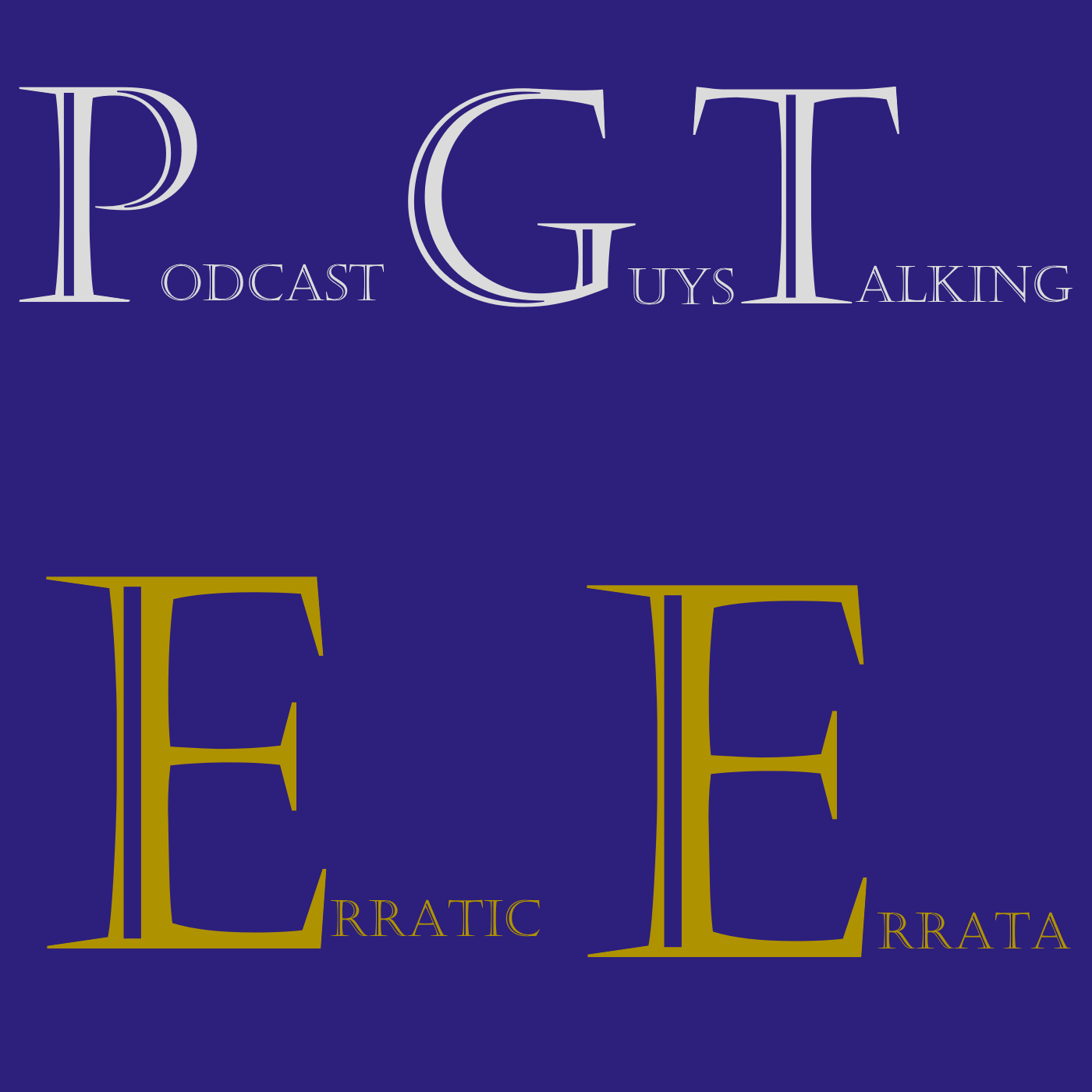Chapter 6: Aspect
Join us as we get into the weeds about languages, apologize for mistreating the Pilgrim, and have a microphone go funky for the credits!
Deicide and Applied Blasphemy Notes:
Shaun writes: There's an angle that I believe you may have missed. EE seems to be taking a lot of influence from the Middle East, for example:
In Jerusalem, you are only allowed to build with stone from a certain quarry (Jerusalem Stone), which has since run dry. This has been updated to allow Caesaria stone as well. But the parallel for Laure is very clear.
Arargh seems to be Arak, a middle Eastern liquer.
Keter, Neshamah. These are both Hebrew words, Crown and Soul respectively.
Ardy returns in wisdom: Follow up on your Name discussion in chapter 4, you guys forgot Hierarch, who chose to be the Hierarch long after he was forced to be the Hierarch against his will. He even got an aspect (Receive) before the Bard pushed him over the edge. He refused it, explicitly to the bard and implicitly by refusing to be the Hierarch of the free cities in any sense, not to mention just closing his eyes and pretending his visions didn't exist as best he could because the very core of who he is does not acknowledge a hierarch or Hierarch as something that exists.
Black was wrong in that sense, and you guys talk about Cordelia refusing her name as if something that ever happened before or since and wasn't done explicitly by the Augur outplaying the Bard. Fate (in the form of the Bard) really can make you a Named, it's just that she can be stopped by someone else (and in the only known case, another Named) stopping fate from forcing the choice.
You could argue that Black is correct in that Fate (as a concept) doesn't make you a Named, but Fate (as the Bard manipulating stories through Calernian history) can do so.
You could also argue that Black's anger at "Fate" the concept is his unknowing anger at Fate (the Bard) because, well, every single time he gets into a story he gets killed, because he's a Villain and thus disagrees with Good and therefore is not allowed to win, so he never allows a story to form. And as we see that's not a problem with Fate (the concept) but Fate (the Bard). As we see in the last non-epilogue chapter, and when Tariq discusses her after the Graveyard, when she has a choice she picks Good, and that's what Black really really hates.
